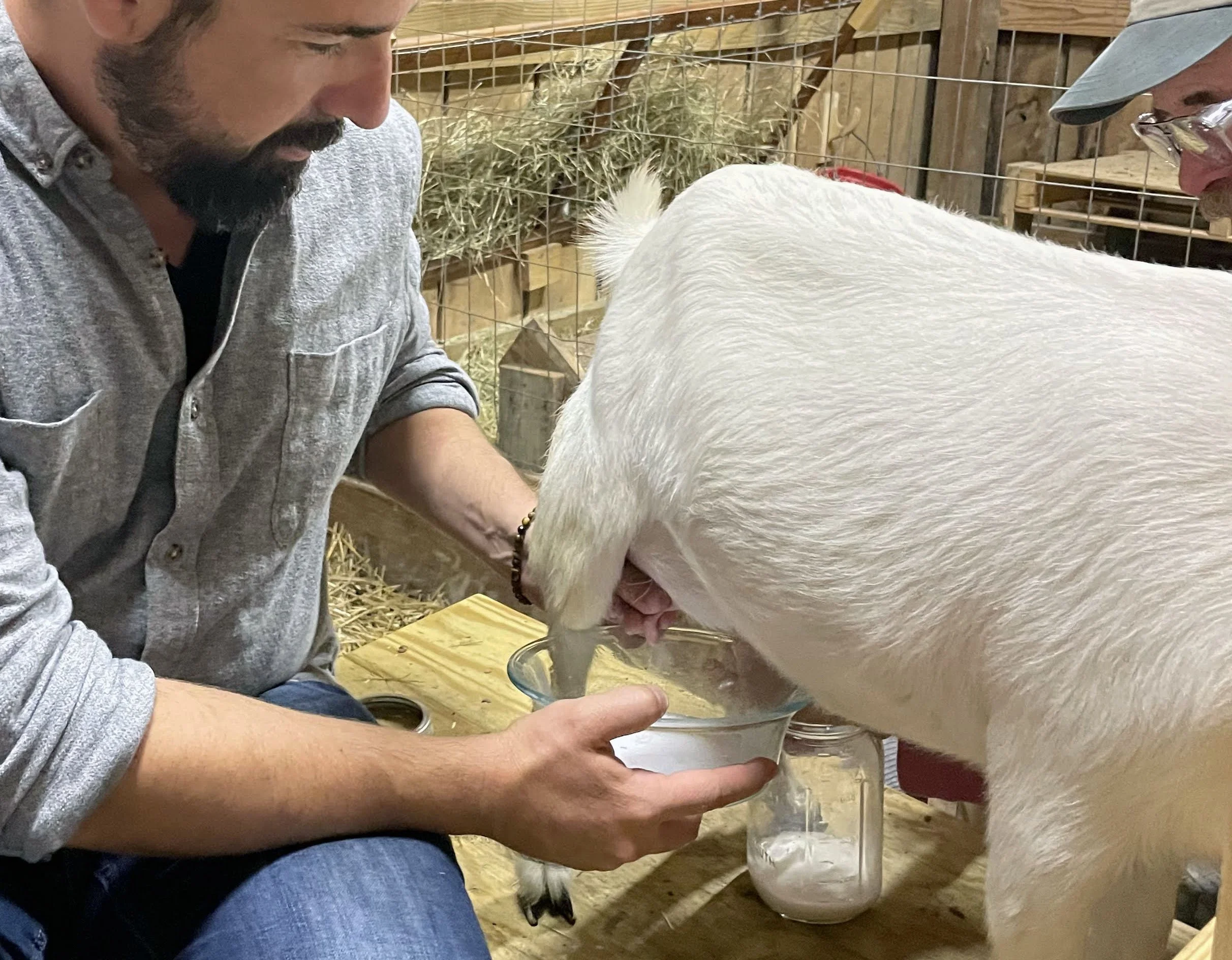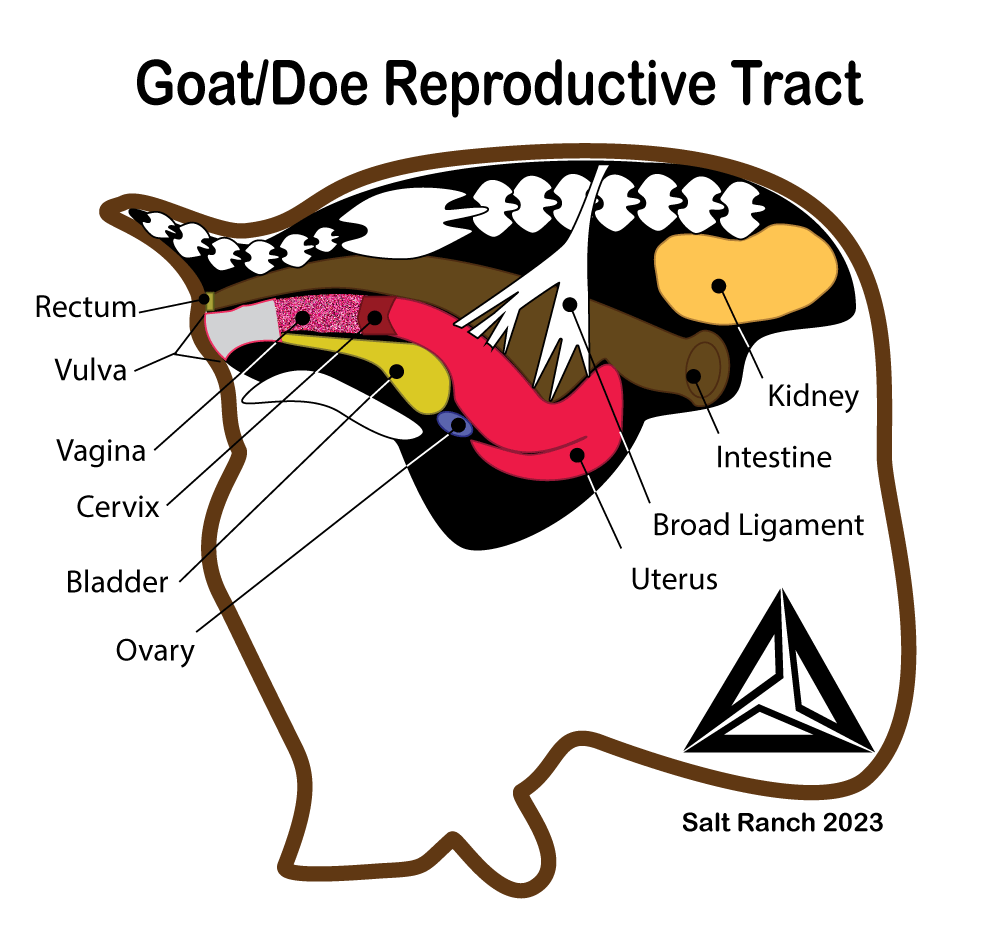The Salt Ranch Adventures
I love to write! I kept a journal my entire life - until we moved to Salt Ranch. I guess the creation of this blog is the outlet that has replaced that habit - I’ve been documenting everything since we moved in!
I’m a mother and wife, business owner, sister and daughter on a daily basis… our cozy compound consists of eight of us including my husband, two children, my parents, brother and Manny (not pictured !) I have a small business in California, so I switch between those roles all day. It’s exhilarating! (and sometimes stressful, and overwhelming, and exhausting, but never mind that!)
Salt Ranch - a.k.a “The compound” - is a frenzy of ongoing activity. We have a lot of animals, a sizable garden, wood shop, metal shop and visitors all the time (we love to entertain.) We are not a Homestead. We don’t strive to live off grid or be self sufficient (although it’s kind of comforting to know that you could if you had to.) Our first goal is to create a magical environment for our family. Our second goal is to have the compound bring in just enough money to support its growing operational cost. To this end we dabble in all sorts of things. We sell eggs, we breed animals, raise food, and make craftsman level products.
This blog is just a by-product of my need to chronicle our adventures, to share the research that I do, and the insistence of our friends that enough of you will be interested to experience it along with us!
Enjoy!!

Goat Milk- Pasteurized or Raw (Unpasteurized)?
Pros and Cons of Pasteurized vs. Unpasteurized (RAW) Goats Milk

Birth of Two New Baby Goats! and how to tell if your goat is in labor.
Our Nigerian Dwarf Jager had two kids last night. Here are the signs of labor and some photos of our two new doelings!

Nigerian Dwarf Goat Prolapse
What to do when your pregnant doe experiences a full vaginal prolapse.

Our Free Pallet Goat Hay Feeder
Our functional and attractive and FREE goat hay feeders. Made from pallets and scraps, they are quite durable and easy to use.

Goat Mastitis
Goat mastitis is the most common diseases in the dairy industry. If you don’t catch and treat it very early on, it is a killer 99% of the time. The good news is that with proper management and best practices, you can prevent MOST cases of mastitis in your goats!


